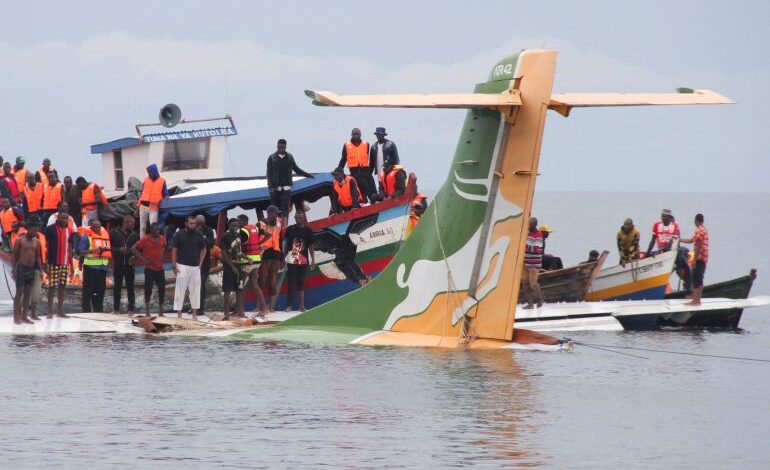Lake Victoria and its hidden dangers in June and July
Fishermen and villagers around the lake have long known of the false conditions that arise during this time, sharing their experiences and concerns as they navigate the unpredictable waters.

As the June and July months roll in, Lake Victoria, Africa’s largest freshwater lake, turns perilous for those who rely on it for their livelihoods.
Fishermen and villagers around the lake have long known of the false conditions that arise during this time, sharing their experiences and concerns as they navigate the unpredictable waters.
June and July are notorious for the sudden storms and fierce winds that lash Lake Victoria, transforming the serene waters into a hazardous expanse. These months mark a period of heightened danger as the weather becomes unpredictable, often catching fishermen off guard.
“The winds can come out of nowhere, turning calm waters into a deadly tempest,” warns John Katumba, a veteran fisherman from Entebbe. “We’ve lost many boats and lives to these sudden storms. Every year, we pray for safety.”
Villagers living along the shores of Lake Victoria have a deep understanding of the lake’s moods, passed down through generations. Their observations provide crucial insights into the dangers posed by the lake during these months.
Margaret Nalwanga explained that, “June and July are the worst times to venture out. The lake becomes angry, and the winds and waves are unforgiving. We tell our young men to stay close to the shore and always be prepared for the worst.”
The deceitful conditions have significant economic implications for the communities dependent on the lake.
Another fisherman Peter Mukasa from Kalangala noted that they face reduced catches and increased risks, while villagers reliant on the fish trade see their incomes dwindle.
“It’s a tough decision every day. Do we risk our lives for a catch, or do we stay safe and face hunger? The lake is our life, but it can also be our death.”
Yesterday the Uganda Meteorological Authority warned operators of small boats and aircraft to postpone travel and related activities on Lake Victoria because it is unsafe.
According to Lillian Nkwenge, spokesperson for the Authority, there have been strong winds and moderate waves on lake Victoria since Sunday.
“Some of the affected areas include Zone1 and 2-Kyotera and Southeast that include Lujabwa, Kasensero, and Nkose islands, Entebbe, and northwest areas that include Ssese, Kalangala, Koome Bukakata islands,” she said.
Apparently Nkwenge highlighted that as the authority, they are carrying out scientific research relating it with the indigenous knowledge and views of fishermen and other people who live along lake Victoria.
Maria Nakanwagi, a community leader also responded to the annual dangers on the lake, revealing how the authorities have been working together to improve safety measures.
She said fishermen leaving along lake Victoria are being equipped with better boats and safety gear, and there is an increased emphasis on weather forecasting and communication.
“We’ve started using radios to share weather updates and warn each other of incoming storms. Knowledge and preparation can save lives. We need to take every precaution.” She noted.
Lake Victoria’s serene beauty belies its deadly potential during the months of June and July. As fishermen and villagers continue to navigate its waters, their stories of resilience and caution highlight the enduring challenges they face.
With improved safety measures and community solidarity, there is hope that fewer lives will be lost to the lake’s treacherous moods, ensuring that those who depend on it can continue to do so safely.
COURTESY: https://newsroom.ocfl.net/2024/05/know-the-dangers-found-on-lakes-during-severe-weather/







